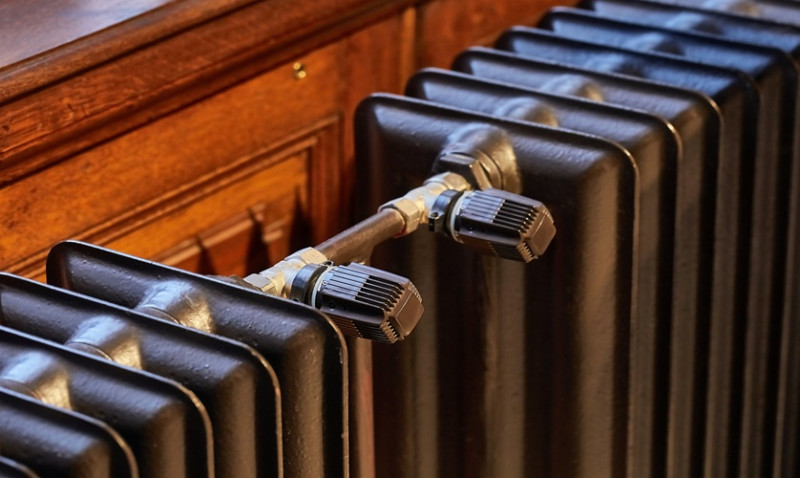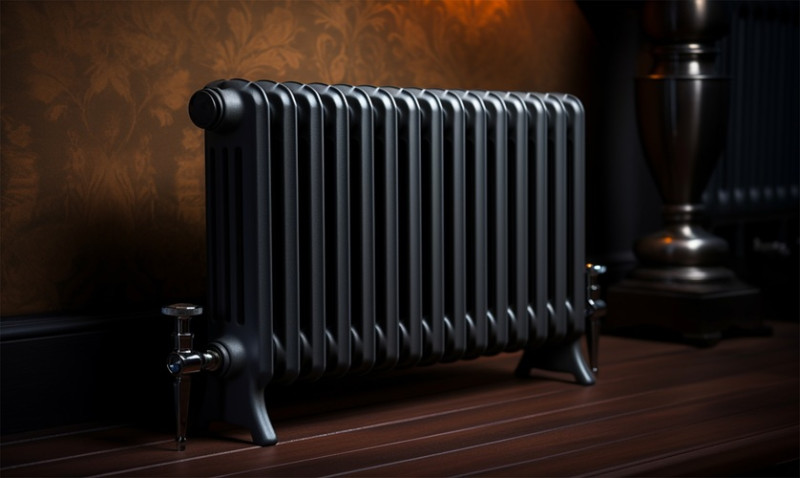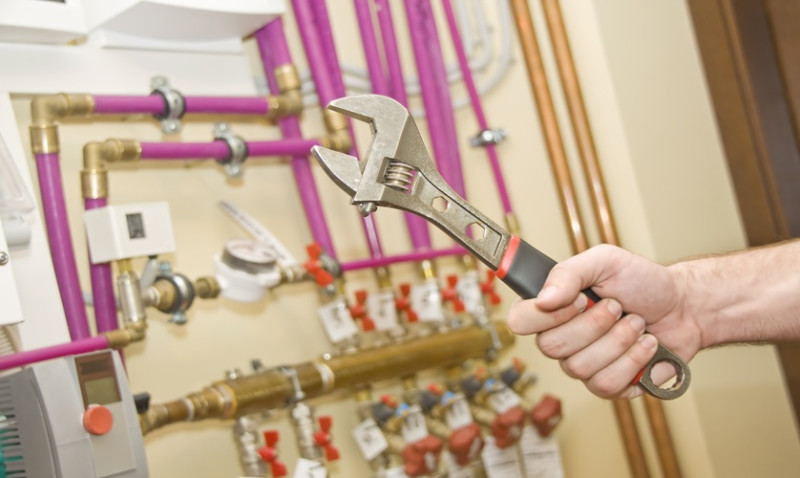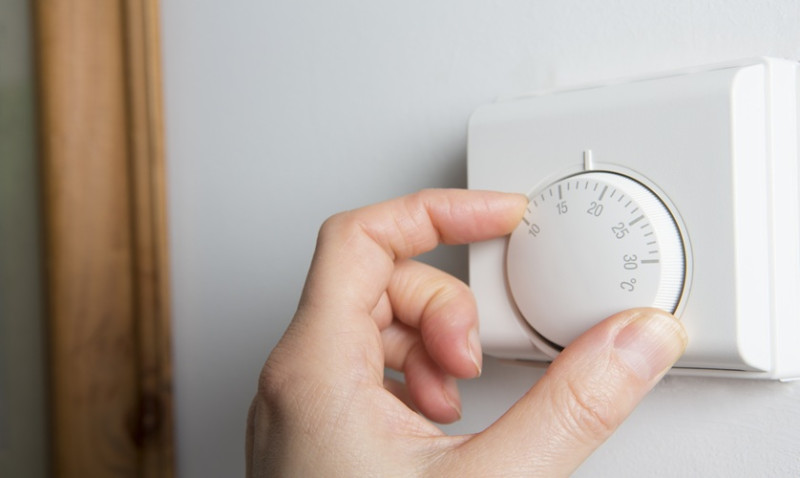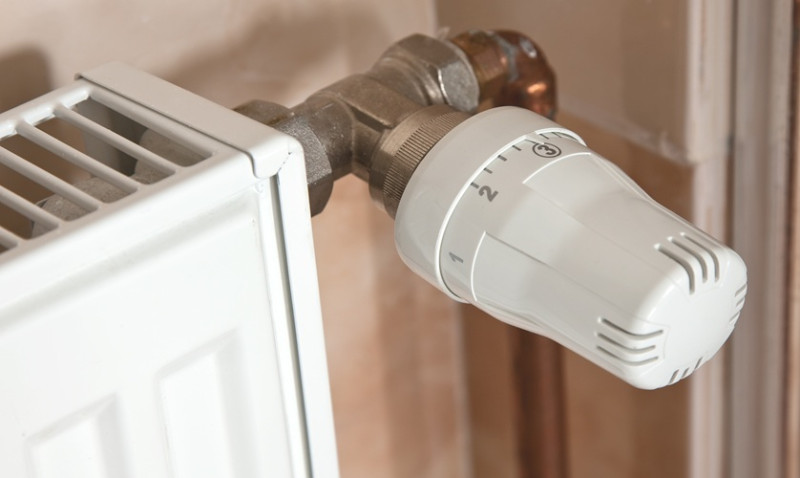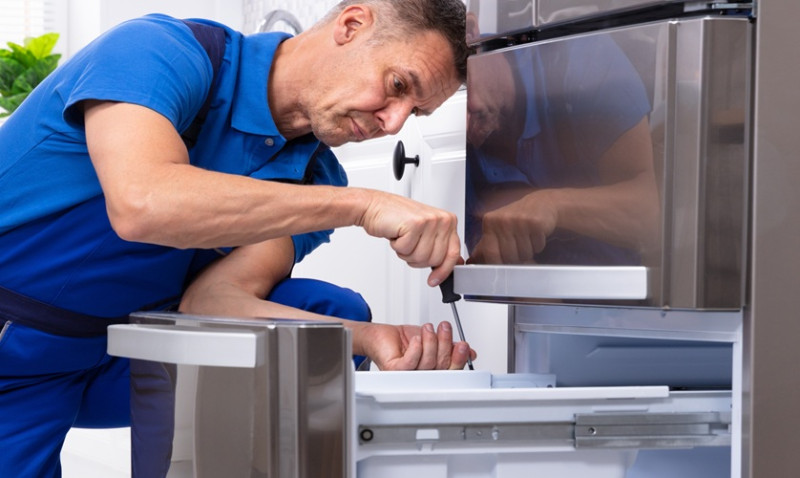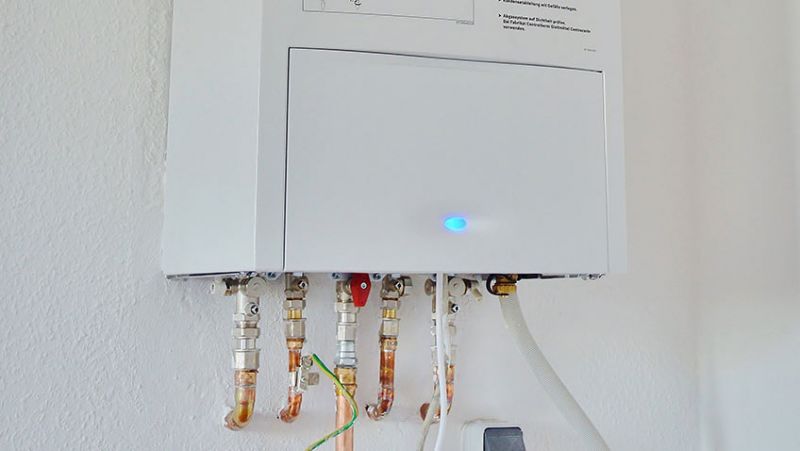
Once your old boiler has been removed, it’s time to start shopping for a new one. But with so many different types and models available, how do you know which one is right for you? One of the best ways to find the perfect boiler for your home is to consult with a professional. They will be able to assess your needs and recommend a unit that fits both your budget and your lifestyle.
The professionals installing your new boiler should also deal with the water valves to isolate the boiler from the water supply and may remove the gas pipe if no longer needed - it all depends on the type of new boiler being installed and whether it will be placed in the same spot or a different area of your home.
Selecting the right size
When selecting a boiler for your home, it's important to consider how much space you have, how often you'll use it, and the type of fuel you'll be using. If your home runs off gas, a gas boiler is usually the cheapest option. However, if you don't have a gas supply, or if you're looking for a more environmentally-friendly option, consider a low-carbon heater such as a heat pump or biomass. If that doesn't sound practical, you might want to consider getting a gas connection installed - your local gas company can advise on cost and it may even be partly or fully funded.
The next stage is to decide whether you want a traditional boiler or a combi boiler. While regular boilers have their own hot water cylinder, combi boilers are combined and smaller. Boilers with a regular water supply are generally quicker and more cost-effective, so they're ideal for big homes or families. If you live in a one- to two-person home or a flat, a combi boiler is sufficient and takes up less space.
The size of a boiler is measured in kilowatts (kW), and combi boilers come in three distinct sizes, 24-27kW, 28-34kW, and 35-42kW. A 24kW boiler can easily heat a small house with around 10 radiators and one bathroom, according to a typical rule. The number of radiators, bathrooms and people in your home will all be taken into account by the installation company. Of course, the more spacious the home is the greater the boiler's need. If you have any questions about what size boiler you need for your home, please speak to your installer.
You can also calculate the number of British Thermal Units (Btu) required to heat your home. It is necessary to have a space heater that generates approximately 50 Btu per square foot when heating an enclosed room. There are plenty of Btu calculators available online to help you decide which size boiler you need.
Installation
You will need a registered Gas Safe engineer to install your new boiler. This is usually done on the same day your old boiler is removed. The cost and time spent on the installation will vary depending on the type and size of the boiler you have chosen, but most can be fitted within a day.
The heating engineer will install the boiler in the area specified and connect it to radiators, water outlets, and the cold water mains supply via pumps and pipes. If your apartment has a regular boiler rather than a combi boiler, it may be necessary to connect hot and cold water storage tanks as well. A reputable plumber should be able to install all types of boilers.
Most boilers are typically installed in a loft or attic space, and usually, the kitchen is the best place for a combi boiler as they are very compact and don’t take up too much space. The installation will also include connecting your boiler to electrical controls, so you can alter the central heating without having to go to the boiler room directly.
Testing
Now that you have your new boiler installed, it's important to test it before the cold weather hits. Turn the thermostat down to 0 and wait for the boiler to cool down. Once it's cooled down, check to make sure that the boiler is working properly.
If you have a standard boiler, turn off the hot water supply and then turn up the thermostat. After 10 minutes, check the radiators to make sure they're warm. If they are, your boiler is working correctly. If not, you may need to call a technician. For combi boilers, simply turn on the hot taps and make sure they warm up with a steady flow.
